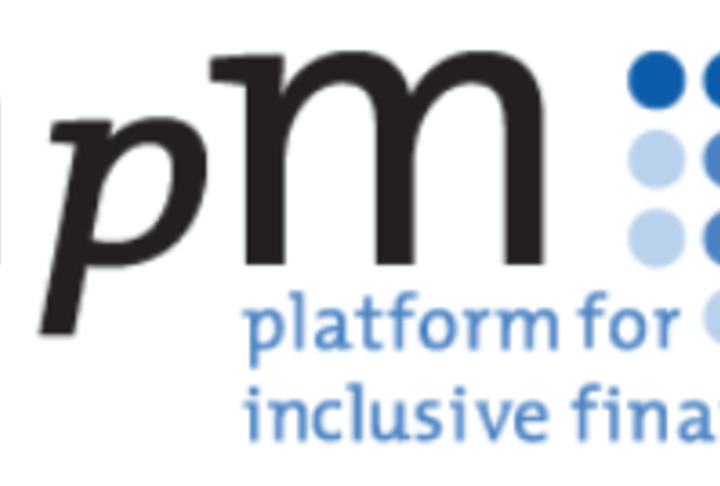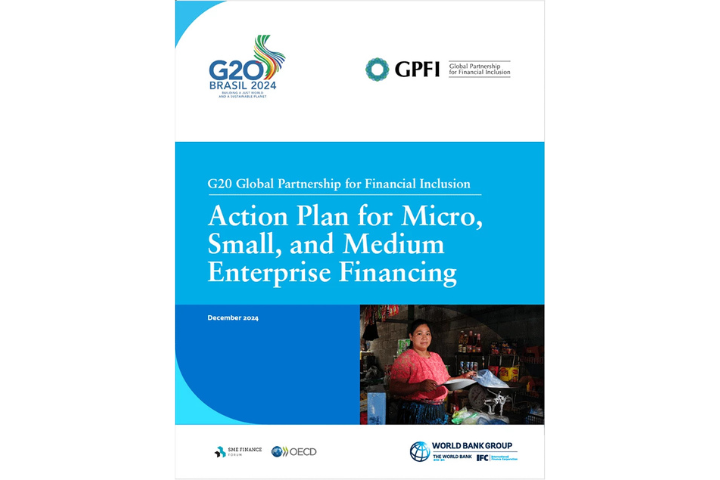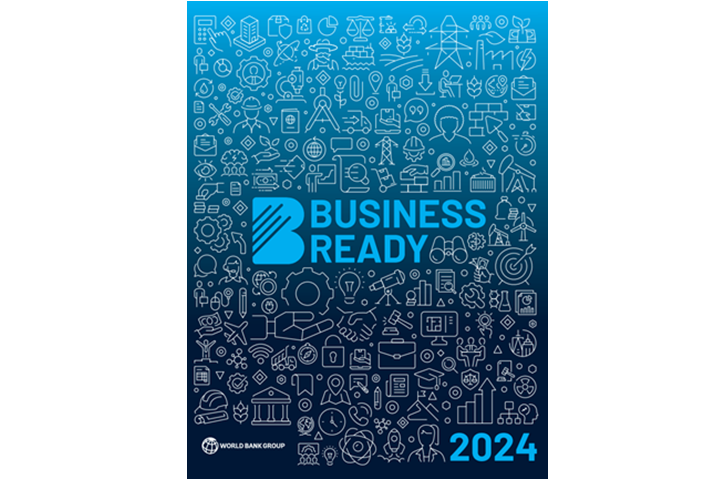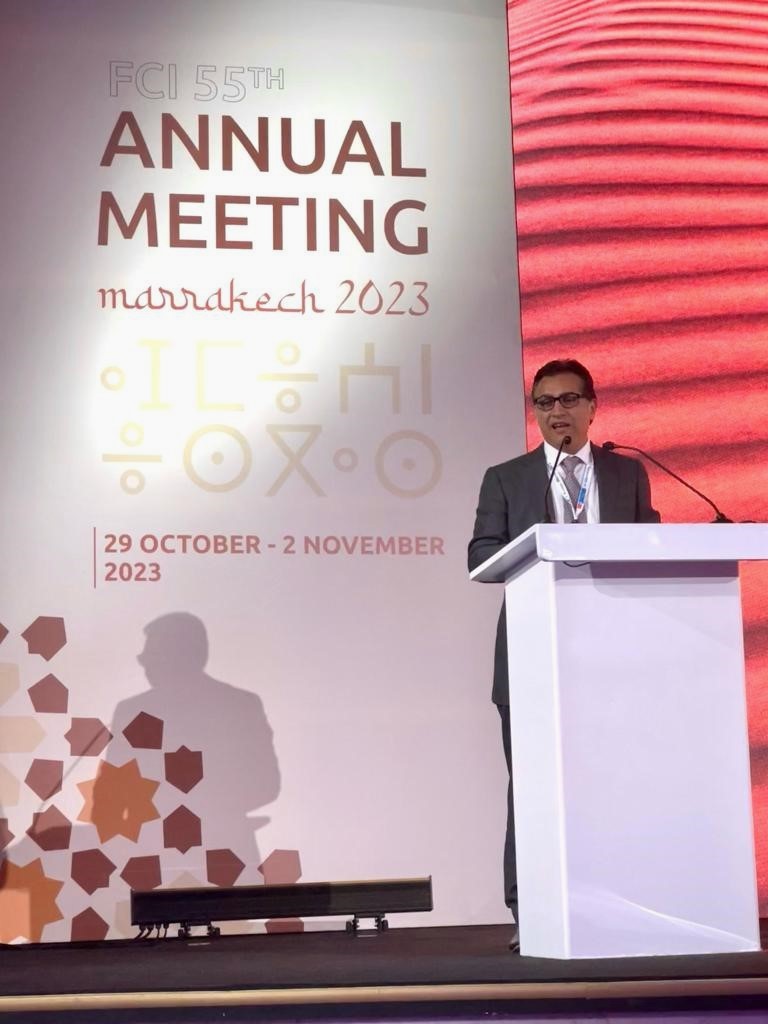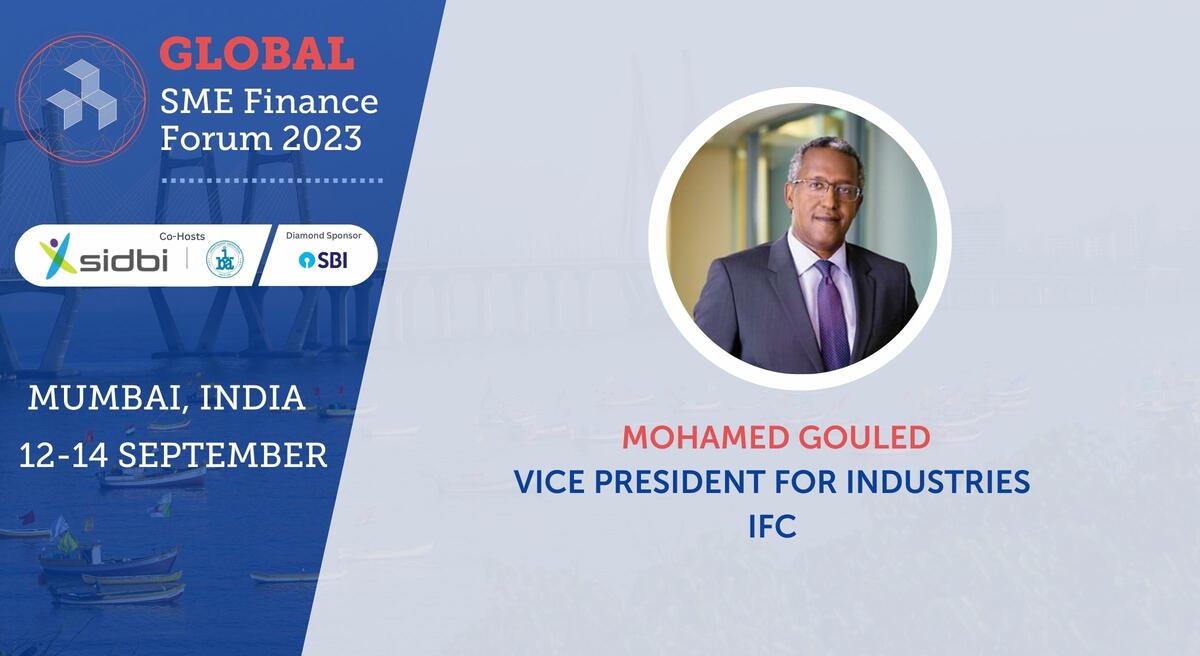In many developing countries, large parts of the population have limited access to financial services. They are considered too poor to be able to save money and too risky to lend money to. Over the last four decades, a large number of institutions worldwide have specialized in offering financial services to this group. Through what is called inclusive finance, people living in poverty are offered a diverse range of financial instruments to run their businesses, build assets, stabilize consumption and shield themselves against risks.
Inclusive finance encompasses the supply of loans, savings, insurance and other basic financial services. Often these services are provided by local microfinance institutions (MFIs). Appropriate financial services can encourage small enterprise activities and improve the standard of living of households.
Access to financial services is the backbone of economic development. Without a well-functioning financial system, it is not possible to create good conditions for long-term sustainable economic growth and, with that, economic independency.


